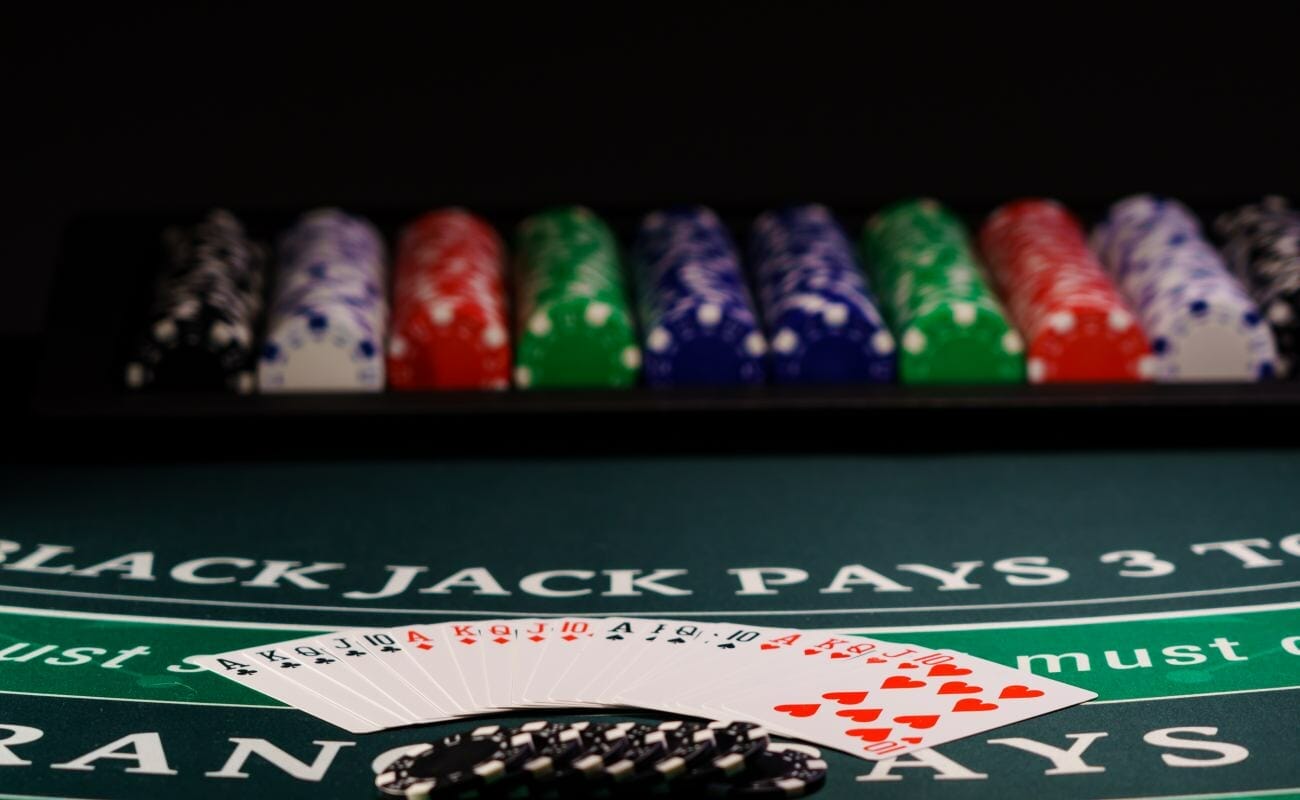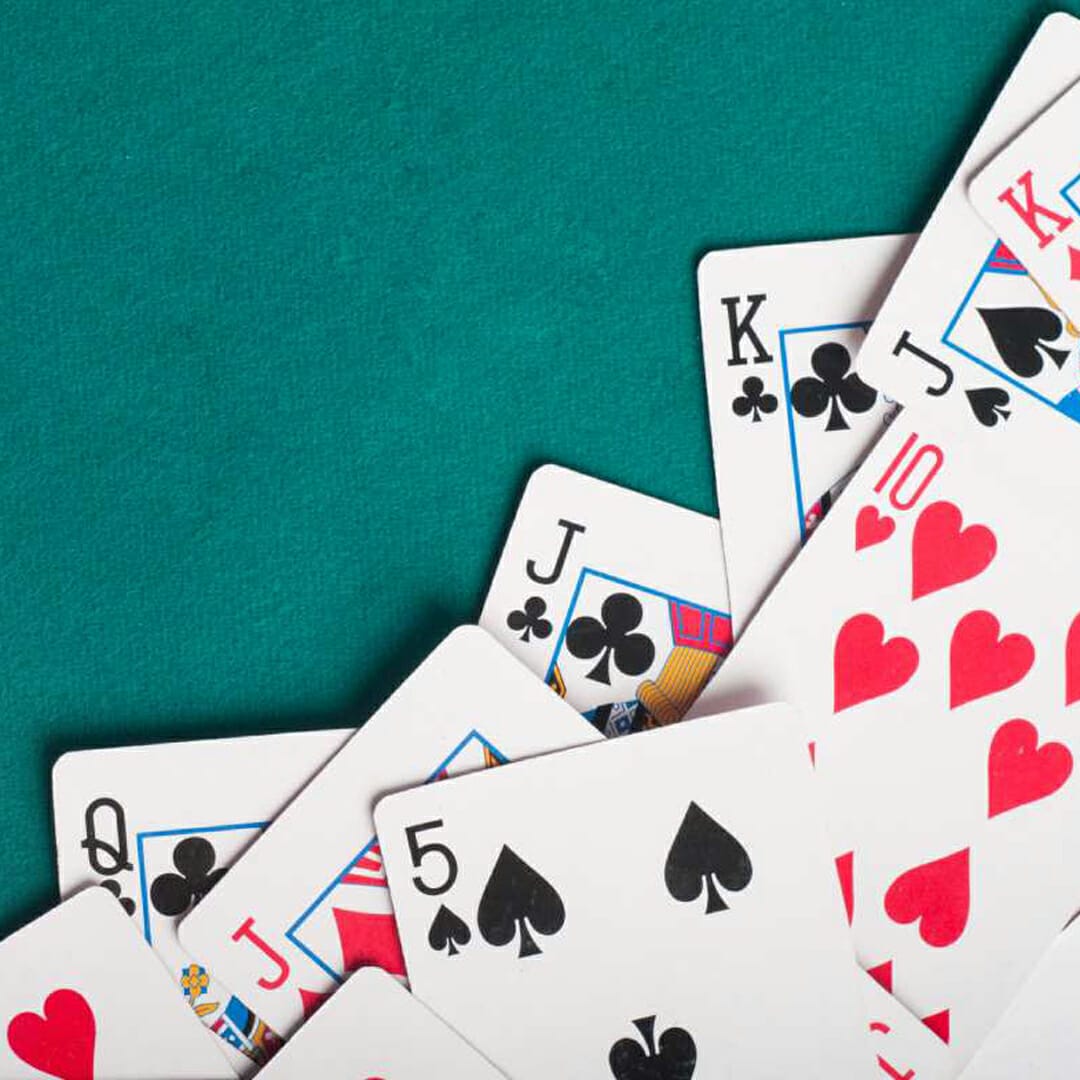
Ever since a group of ingenious MIT students devised clever techniques of working together to count cards and successfully beat casinos across the globe using mathematics and sheer audacity, blackjack players have attempted to replicate their feat.
Much to their chagrin, the techniques were documented in the book, Bringing Down The House, and casinos have since used this information to devise their own countermeasures to protect live dealer blackjack against those who seek to penetrate the system.
Here is a quick glimpse into the world of card counting and why you should avoid trying it.
What is card counting?
In simple terms, card counting is a strategy used by players to keep track of high- and low-value cards dealt by the blackjack dealer to determine if the dealer or player will have the advantage in the next hand.
While not illegal, given that it doesn’t involve any criminal activity, card counting is banned in most casinos because it reduces the edge the house has over players in the normal course of play and negatively impacts the margins casinos earn from blackjack.
Unlike live dealer or online poker where card counting does not directly affect the house margins, card counting in blackjack represents a serious threat to earnings.
Should you count cards?
The short answer is no. While it remains tempting to try and beat the house by reducing its edge through card counting, all casinos have banned card counting from their pits. And while they cannot bring legal charges against you, they can ban you from the casino for life.
Much like some of the most notorious poker cheats, card counters have suffered at the hands of canny casino security officers and the numerous teams they employ to spot cheaters at casinos.
How do casinos catch card counters?

Casinos face myriad potential security risks – from chancers who constantly try to find unethical and sometimes downright illegal ways to beat the house. So it’s no wonder that they use sophisticated technology, teams and even ex-cheaters to protect them against card counters.
The most commonly used tool is a database of known counters that is shared between casinos. Information sheets or BOLOs (Be On the Lookouts) are shared electronically almost instantly when card counters are identified and can include pictures, identifying body marks such as tattoos, aliases and even known associates.
This information can be used in conjunction with facial recognition technology and ID tags to alert casinos when a known counter is entering the building.
Nearly 90% of counters are caught this way.
When faced with unidentified counters, pit bosses often observe the floor to catch new ones out. Many casinos recruit known counters to catch other counters. Using security cameras, plain-clothed security patrols and a host of other techniques, the security team observes the blackjack tables to monitor players’ betting patterns and behavior to assess whether they are counting cards.
When this happens, a game of cat and mouse ensues with counters constantly trying to mask their counting strategies while the security teams use their diagnostic experience to catch them out. Here are some of the patterns of behavior that give counters away.
- Placing a minimum bet after the shuffle
- A player doesn’t tip
- Pretending to leave the table for a bathroom break or a call when the count is negative
- A player watches the cards closely
- Not drinking
- Not engaging anyone at the table
- They appear nervous or jittery
- They are too precise with their chips and cards
It’s all in the math

Ironically, counters are very often exposed by the very mathematical strategies they use to work out their odds and which inform their tactics. Card counting as a strategy is simple: increase your bets when the cards that remain in the deck favor you, and bet less when they don’t.
Of course, if you know what cards are left, so does the casino. It’s only a matter of time before the casino notices you employing blackjack math, picks up on your betting patterns and figures out that you are counting.
Insurance scams
Another huge giveaway is when counters use blackjack insurance. So what is insurance in blackjack? Blackjack insurance is basically a bet that a player can take when the dealer’s up-card is an ace and there is a chance that the house can get blackjack.
If the dealer gets a blackjack, then the player is paid out at odds of 2/1 and the maximum a player can bet is usually half of their main bet, essentially offering the player an opportunity to break even. Blackjack insurance rules state that insurance must be offered before the dealer turns over the hole card.
At face value this sounds like a no-brainer, but when you work out the probabilities over the long term you realize that insurance is a losing bet.
That is, of course, if you’re not counting the cards. An astute card counter will know how many 10s remain in the deck at the point the dealer draws an ace and can easily assess when there is a high probability of winning.
Sadly, when skilled counters do the math and act on their information, there is usually a more skilled agent sitting behind a camera watching him/her trying to beat the system.
Team players
Catching individual counters is fairly simple. However, teams can be more tricky, as our MIT crew proved in 1979.
When players act as a pair, counters don’t vary their bets to avoid tipping off the floor. When the odds move in their favor, the counter calls in a teammate to make the big bet and avoid detection. This often requires some theatrics by the big bettor to throw the agents off.
Another team play is when a group of around six players works a casino. A minimum of three players sit at a table and take turns keeping count. They often devise hard-to-detect signals to pass the count. This makes it difficult for dealers and agents to know if a pattern is emerging. In fact, this can be so effective that often the only thing that gives counters away is when the same team works multiple casinos and pit bosses, because they share suspicious profiles among themselves, and notice that they appear in the same configuration.
Is counting cards worth it?
Whether you’re just looking for a thrill or genuinely trying to beat the house, the speed at which casinos catch counters shows that the odds are stacked against you. In the end, it really depends on whether you think being escorted off the floor by a pit boss and his team and never being allowed back into a casino is worth the risk.
If this doesn’t deter you then perhaps you need to consider that new money laundering laws ensure that players who make large bets first have to fill out a W9 form. This obviously draws attention to you and/or your team.
Add to that the numerous preventative measures taken by casinos, such as automatic shuffling machines, setting the card earlier, increasing minimum bet, and complicating rules will all make the challenge that much greater.
Try your hand at blackjack with Borgata Online
If playing online is your thing, register at Borgata Online and try your hand at online blackjack where you’re not constantly monitored by creepy agents through cameras and watched by roaming security guards.
